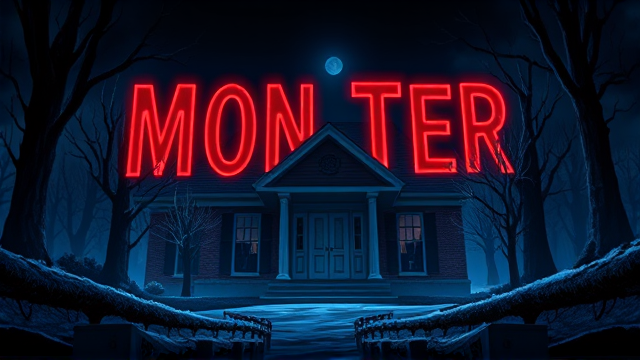Criticism of Netflix's Ed Gein Series for Romanticizing Murderer
Netflix's 'Monster: The Ed Gein Story' is facing a significant and warranted backlash for its fabricated storylines and troublingly lenient portrayal of its subject, raising the critical question of whether the series is showing far too much empathy to a man whose gruesome crimes have long been a source of macabre fascination. The streaming giant markets the series as the 'shocking true-life tale' of the infamous murderer and grave robber whose atrocities inspired a generation of Hollywood horror icons, from Norman Bates to Leatherface, yet in its execution, the show appears to blur the line between historical examination and sympathetic character study, a dangerous gambit that risks romanticizing a figure who should remain squarely in the annals of true crime as a cautionary tale.This is not merely a matter of creative license; it is a fundamental issue of narrative framing and ethical responsibility, reminiscent of the critical discourse surrounding films like 'Natural Born Killers' or more recent series that have grappled with the 'serial killer as anti-hero' trope. By weaving fictionalized, empathetic threads into the grim tapestry of Gein's well-documented life—his isolated existence on a Plainfield, Wisconsin farm, his disturbing relationship with his domineering mother, and his subsequent descent into necrophilia, murder, and the creation of artifacts from human skin and bone—the producers risk sanitizing the profound trauma inflicted upon his victims, Bernice Worden and Mary Hogan, and their families, whose real suffering becomes a backdrop for a sensationalized drama.The series' approach forces us to confront a recurring dilemma in entertainment: how to explore the dark corners of the human psyche without inadvertently glorifying the individuals who inhabit them. A deeper contextual analysis reveals that Gein's case was not an isolated American Gothic curiosity but a product of a specific, fractured rural environment, a point that a more rigorous, documentarian approach could have explored without resorting to narrative sympathy.Film criticism has long debated the 'sympathy for the devil' narrative device; when done with precision, as in Jonathan Demme's 'The Silence of the Lambs,' it can illuminate the banality of evil, but when handled clumsily, it can devolve into a form of trauma porn that titillates rather than educates. The consequence of this lenient portrayal is a potential desensitization of the audience and a disrespect for the true historical record, reducing a series of horrific, real-world events to a palatable, character-driven streaming product designed for binge-watching. One must ask what is lost when we attempt to 'understand' a figure like Gein through a lens of manufactured empathy—are we seeking deeper truths, or are we simply crafting a more compelling, and therefore more profitable, story? The critical response, echoing the unease felt by many viewers, suggests that 'Monster' may have failed this crucial test, choosing the path of dramatic convenience over journalistic and ethical integrity, and in doing so, joining a growing list of productions that struggle to balance the compelling nature of true crime with the moral weight of its retelling.
Latest News
In the grand, unpredictable symphony of popular music, a song's legacy is never just about the notes on the page or the voice in the recording; it's about the
30 minutes ago0 comments
The air in Kobe’s Glion Arena crackled with a rare, almost archival energy on that October night, a feeling that transcends the usual stadium roar—this wasn't
40 minutes ago0 comments
In a move that echoes the delicate diplomatic choreography more commonly seen in United Nations assemblies than in song contests, the European Broadcasting
4 hours ago0 comments
The venerable halls of Christie's, a temple to art and antiquity where whispers of gavels have consecrated the exchange of cultural totems for generations,
5 hours ago1 comments
The needle hasn't just moved; it has been ripped from the groove and cast in solid gold.
7 hours ago0 comments
In the grand, often predictable theater of pop music releases, where artists frequently trade artistic ambition for algorithmic certainty, Louis Tomlinson’s
7 hours ago1 comments
Let’s get one thing straight right off the bat, darlings—no, these gummies do not actually contain cornbread, which, let’s be honest, would be a truly wild
7 hours ago0 comments
In a move that sent the gossip-sphere into a full-blown frenzy, Georgina Badell recently took to her social media channels, not to address the swirling rumors
8 hours ago2 comments
It’s quiet here...Start the conversation by leaving the first comment.
